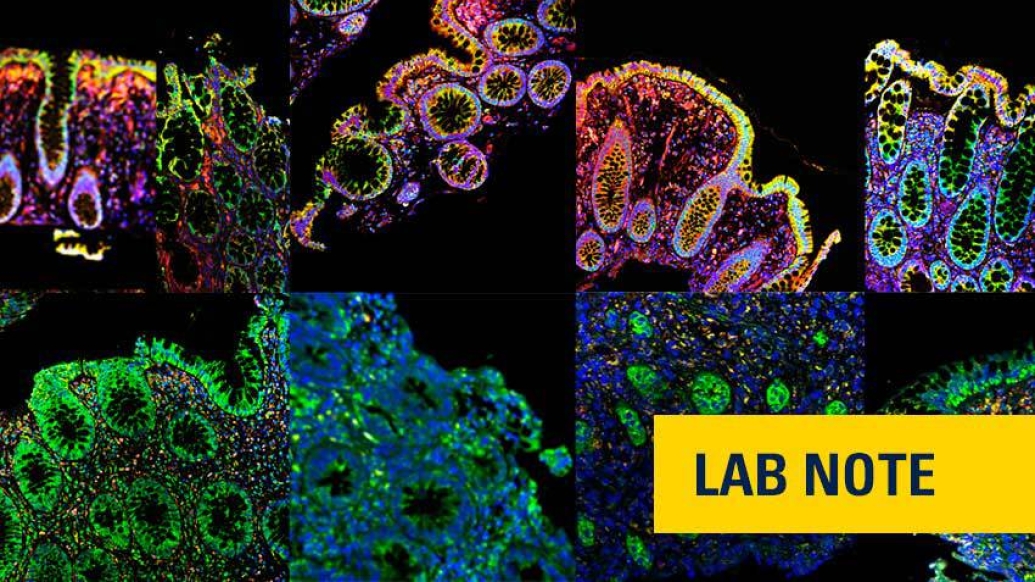Bolstering a specific enzyme within the mitochondria of intestinal cells helped mitigate GI disease induced by T cells after bone marrow transplant, cancer immunotherapy.
10:19 AM
Author |

When they are not fighting off diseases and infections, immune T cells can sometimes turn on the gastrointestinal system, causing problems such as autoimmune inflammatory bowel disease, graft-vs.-host disease from a bone marrow transplant or colitis from cancer immune checkpoint blocker therapies.
While traditional treatments for these conditions have focused on manipulating the immune system to mitigate these diseases, researchers at the University of Michigan Health Rogel Cancer Center took an entirely new approach.
"We asked whether there is anything intrinsic to the target intestinal cells themselves that gives them a greater ability to tolerate an attack from the immune cell," said Pavan Reddy, M.D., division chief of hematology/oncology and deputy director at the Rogel Cancer Center.
The team discovered a metabolic alteration within the intestinal epithelial cells that happens exclusively in these T cell-mediated gastrointestinal diseases. A series of experiments in seven different mouse models found that when an enzyme called SDHA is reduced, GVHD, IBD and immune checkpoint-related colitis got worse. SDHA levels were impacted only in the GI system and not in other organs.
The researchers also looked at several potential options to restore SDHA, including the metabolite butyrate, which Reddy's lab had previously identified as playing a role in the gut microbiome. More research is needed to understand how best to increase the level of SDHA, but it provides a promising target.
"Focusing on the target instead of the immune cells is an additional way to mitigate immune-mediated disease. This may take us away from suppressing the immune system, which often leads to infection," said study co-first author Keisuke Seike, Ph.D., a postdoctoral fellow in Reddy's lab.
Funding for this work was from National Institutes of Health grants HL090775, CA173878, CA203542, HL149633, K08HL130944, DK081943, DK89503 and CA46592; Japan Society for the Promotion of Science; the YASUDA Medical Foundation; the Kawasaki Foundation of Medical Science and Medical Welfare; the Ryobiteien Memorial Foundation; the MSD Life Science Foundation Public Interest Incorporated Foundation, the Okayama Medical Foundation, the SENSHIN Medical Research Foundation, the Kato Memorial Bioscience Foundation; and the NOVARTIS Foundation.
Paper cited: "Mitochondrial complex II in intestinal epithelial cells regulates T cell-mediated immunopathology," Nature Immunology, DOI: 10.1038/s41590-021-01048-3

Explore a variety of health care news & stories by visiting the Health Lab home page for more articles.

Department of Communication at Michigan Medicine
Want top health & research news weekly? Sign up for Health Lab’s newsletters today!





